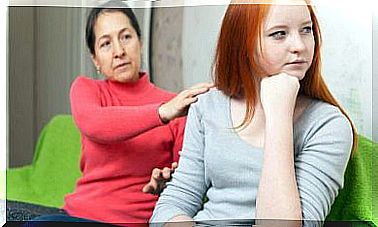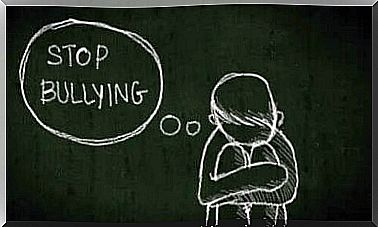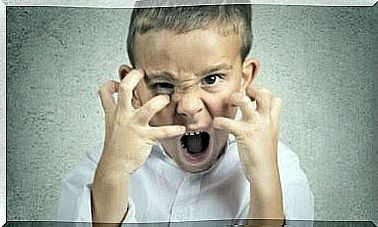Mathematics Anxiety In Children
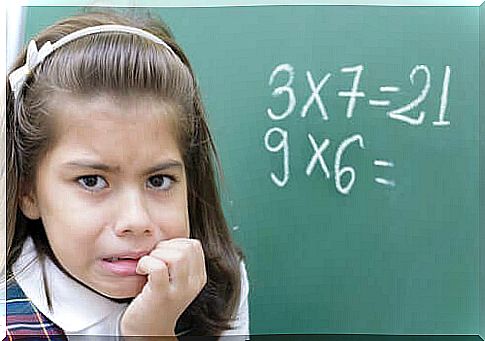
Historically, mathematics has frightened many students and academics. But when fear goes unchecked or has no basis, it can be more serious. It is then called mathematical anxiety.
Math anxiety is quite common among children. It is characterized by an intense feeling of pressure and nervousness when one has to perform mathematical calculations in public, and it can affect both children or adults.
Interestingly, math anxiety has nothing to do with intelligence. It can be considered a number phobia. It is far from an odd phenomenon, and anyone who suffers from it should know that there is a wide range of research on this psychological condition.
And this fear not only shows its ugly face when you count on a blackboard. This can often happen in restaurants when you have to split the bill.
What are the symptoms?
You may suspect that you are suffering from it if you notice the following:
- Sweaty hands and forehead.
- Increased heart rate.
- Difficulty breathing or talking.
- Restlessness and impatience.
- Inability to concentrate and stay calm.
It has also been shown that the brain releases the stress hormone cortisol when faced with mathematics. Strangely enough, it activates the same regions in the brain as when you injure yourself.
In children, math anxiety can often simply result in them refusing. They are just not ready to do the job. Nor do they show any willingness to accept the challenge and overcome it. And it can also affect children who normally perform very well in mathematics.
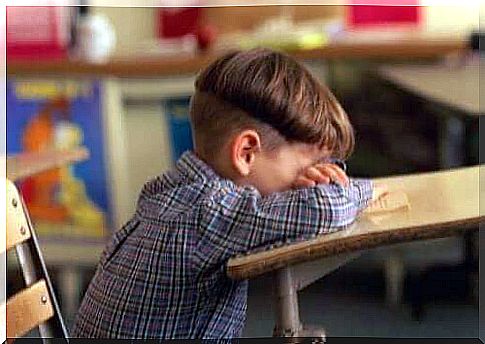
Causes of math anxiety in children
First, it is important to point out that this should not be confused with dyscalculia, which is related to mathematical learning difficulties, not an aversion to them.
It has still not been determined exactly what makes mathematics so frightening compared to other subjects. One thing that is certain is that children with math anxiety see it as a threat; something they will have to face sooner or later.
Therefore, fear activates the amygdala, a gland that is activated when someone feels they are in danger. It explains e.g. the fear of failing a test.
Although it can be done in other subjects , there is no way to hide their lack of knowledge in mathematics. There are only two options: right or wrong. There is also usually a clear way to arrive at the answer.
This can also result in a lack of self-esteem. When children do not know how to do the calculations correctly, they stop believing in their own abilities.
Other causes of math anxiety can be uncertainty, or the teacher’s inability to teach. It can also be a result of a lack of parental support, regardless of whether they themselves suffer from it or whether it is because they put too much pressure on their child.
How should you handle your child’s math anxiety?
To overcome this, most people generally seek psychological therapy. When it comes to children, this naturally falls on the parents. That’s why it’s so important for parents to be involved in their children’s schooling.
Aversion therapy is a very common method. This consists of meeting the fear of learning to overcome it.
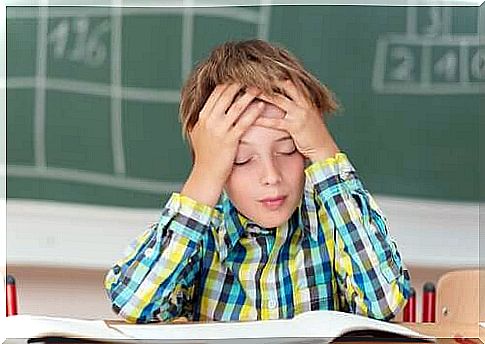
It is a method that you can also test at home. But how? You just need to sit next to your child, say that you also have calculations that you need to do and then you work side by side together.
This way you can help your child and then ask your child to help you. It helps both of you overcome this crippling condition.
For many people, this may not sound very important, or it may seem like a small problem. However, some studies claim that it is an epidemic in some countries. Phobias are not fun for anyone anyway.
So if you see that your children have an unfounded aversion to numbers and counting, you can try to find out if they suffer from math anxiety. If so, do not hesitate to seek professional help to try to resolve it as early as possible.


